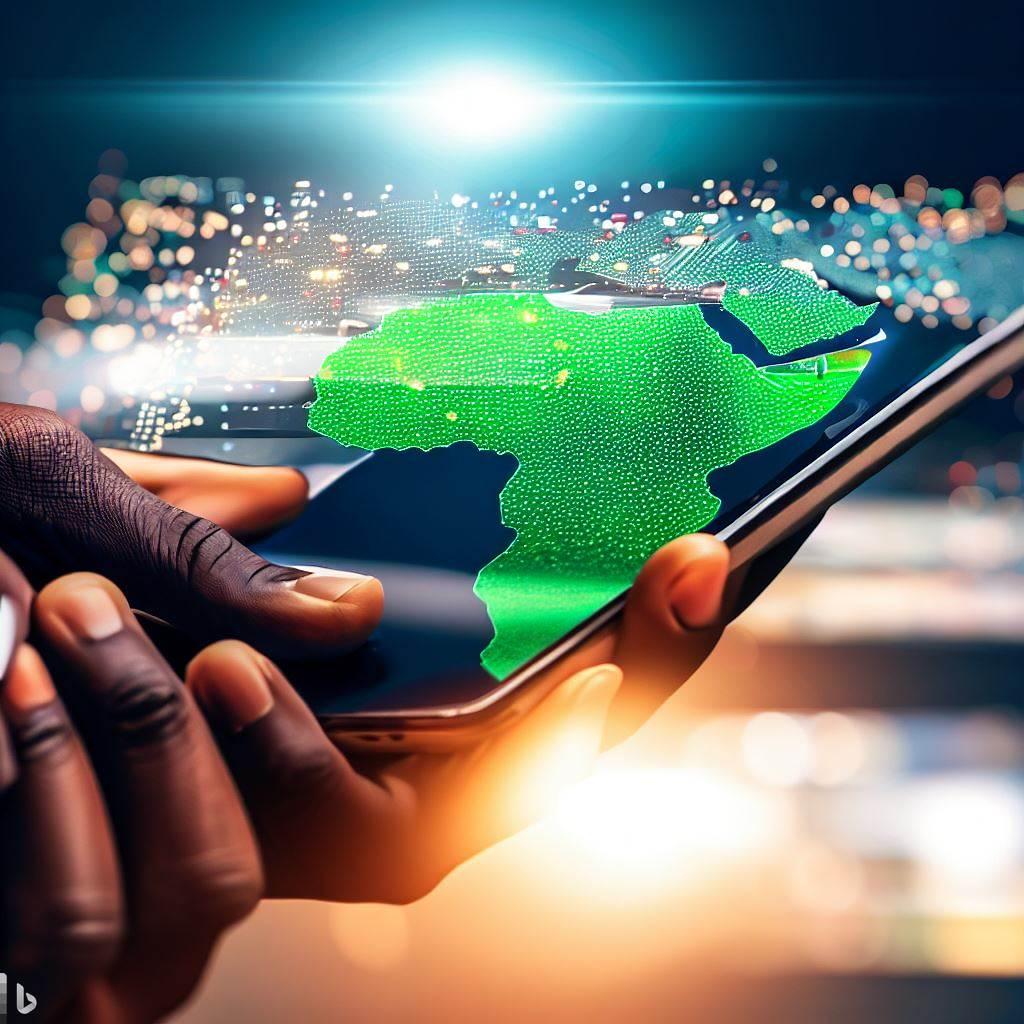Nigeria's telecommunication sector has attracted a total investment of $75.6 billion since 2021. Kenya's Safaricom is also among the success stories highlighting Africa's true potential in the telcom industry. Today, there are over 270 million active mobile users in Africa. Experts in Africa's mobile industry are ready to crown a new king of the continent
[elementor-template id="94265"]
